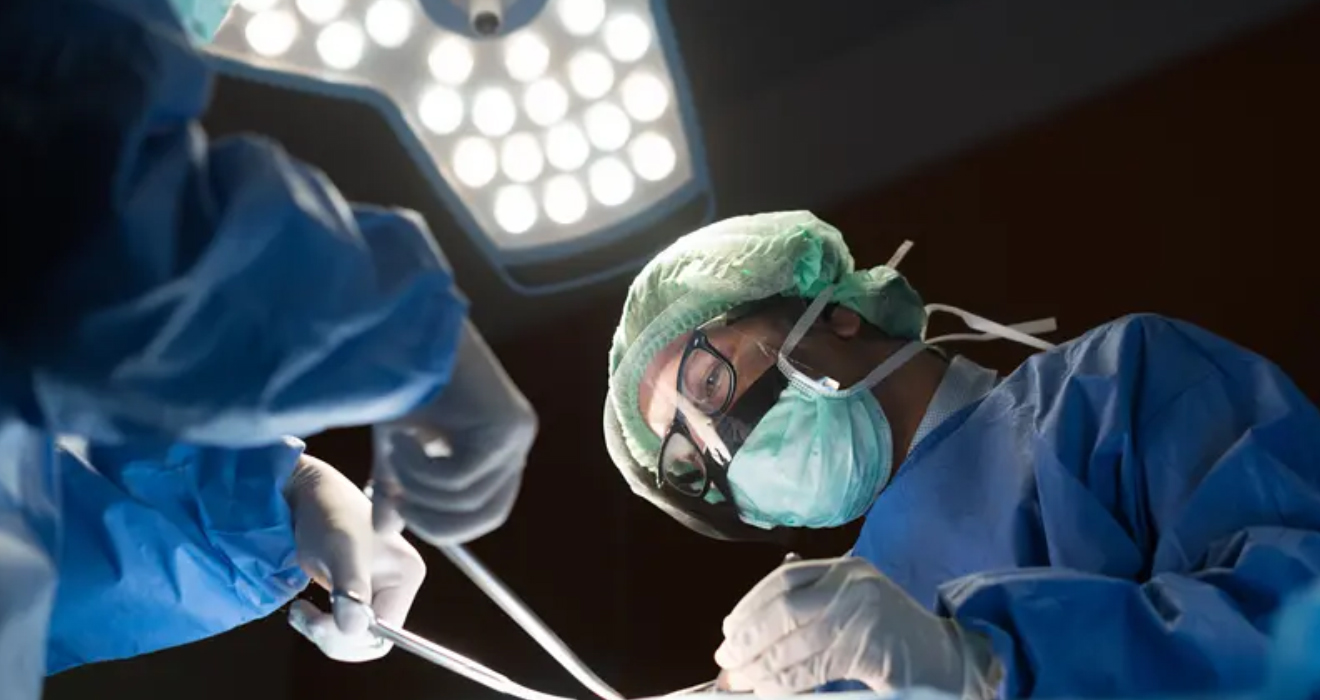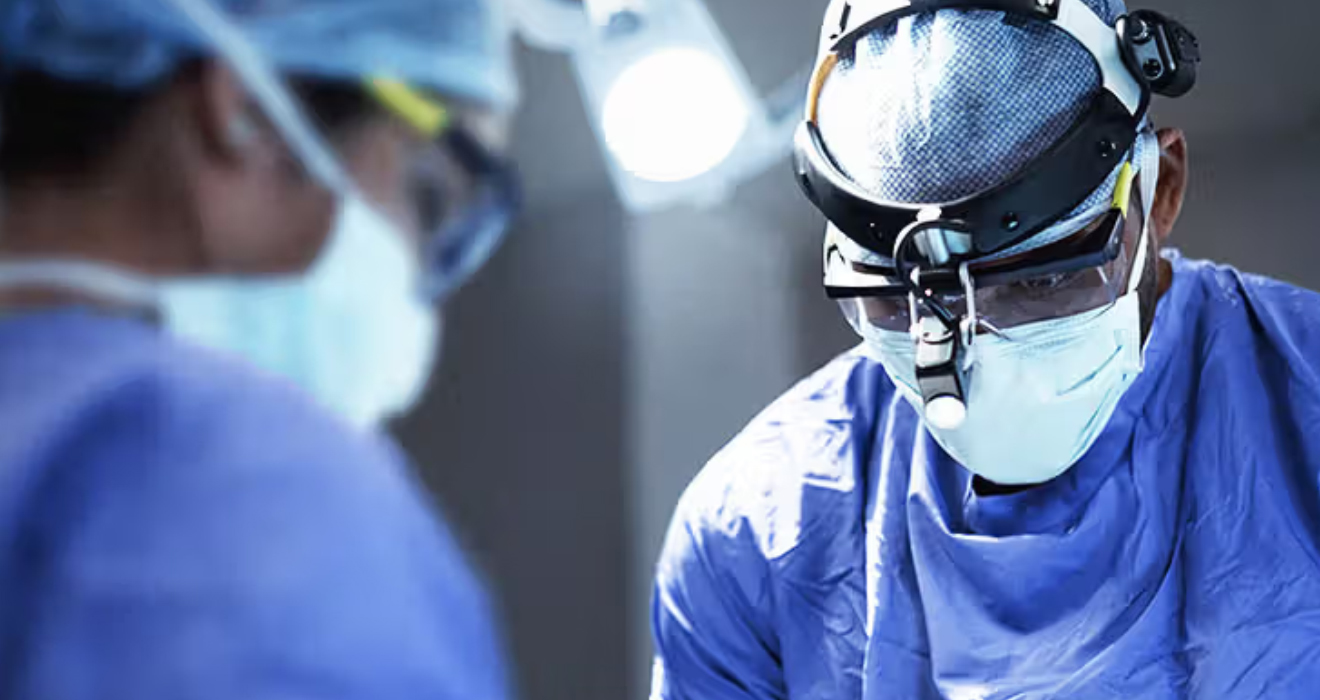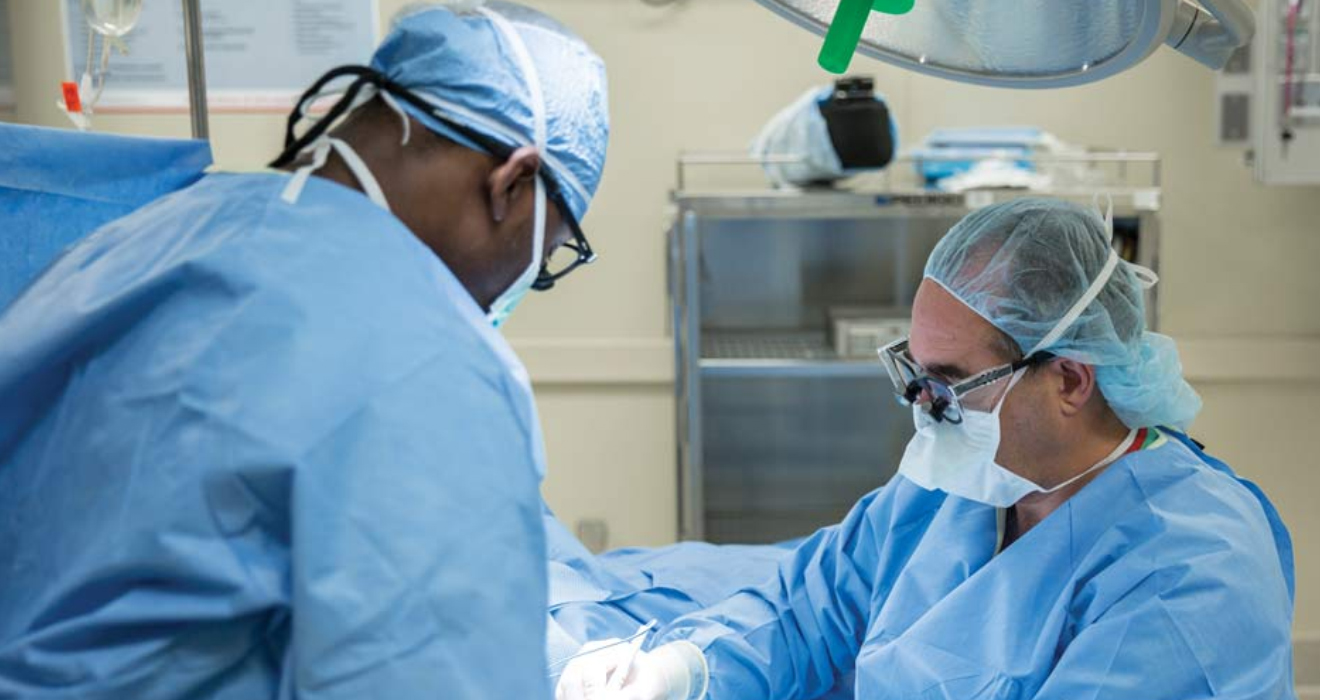Vascular Surgeon Department
Vascular surgery is a specialized area of medicine focused on the diagnosis, treatment, and management of disorders of the vascular system, including arteries, veins, and lymphatic vessels. Vascular surgeons are trained to perform a variety of procedures to treat conditions such as aneurysms, peripheral artery disease (PAD), varicose veins, and carotid artery disease. These specialists use both traditional open surgical techniques and minimally invasive endovascular methods.




Diagnosis and Evaluation:
- Conducting thorough medical histories and physical examinations.
- Ordering and interpreting diagnostic tests such as ultrasound, CT scans, MRI, and angiography to assess vascular conditions.
Surgical and Endovascular Procedures:
- Performing open surgical procedures such as bypass surgery, aneurysm repair, and carotid endarterectomy.
- Utilizing minimally invasive techniques like angioplasty, stenting, and endovascular aneurysm repair (EVAR).
Preoperative and Postoperative Care:
- Preparing patients for surgery by evaluating their overall health and optimizing medical conditions.
- Providing postoperative care, including wound care, pain management, and monitoring for complications.
Long-term Management:
- Managing chronic vascular conditions through lifestyle modifications, medications, and regular follow-up visits.
- Implementing strategies to prevent disease progression and complications.
Aneurysms:
- Abdominal Aortic Aneurysm (AAA): A bulging or swelling in the abdominal aorta that can rupture if not treated.
- Thoracic Aortic Aneurysm (TAA): An aneurysm in the upper part of the aorta, which can also lead to serious complications if it ruptures.
Peripheral Artery Disease (PAD):
- A condition where the arteries in the legs or arms are narrowed or blocked, reducing blood flow and causing pain, numbness, and other symptoms.
Carotid Artery Disease:
- Narrowing or blockage of the carotid arteries in the neck, which can lead to stroke if left untreated.
Varicose Veins and Venous Insufficiency:
- Enlarged, twisted veins, often in the legs, caused by weakened valves and poor blood flow.
- Chronic venous insufficiency can cause pain, swelling, and skin changes.
Deep Vein Thrombosis (DVT) and Pulmonary Embolism (PE):
- Blood clots in the deep veins of the legs (DVT) that can travel to the lungs (PE), causing serious complications.
Vascular Trauma:
- Injuries to blood vessels resulting from accidents, surgery, or other causes.
Bypass Surgery:
- Creating an alternate pathway for blood flow around a blocked or narrowed artery using a graft, often from another part of the patient's body or a synthetic material.
Angioplasty and Stenting:
- Using a balloon to open a narrowed artery (angioplasty) and placing a stent to keep it open.
Endovascular Aneurysm Repair (EVAR):
- Inserting a stent-graft through small incisions in the groin to repair an aneurysm in the aorta.
Carotid Endarterectomy:
- Removing plaque from the carotid artery to prevent stroke.
Varicose Vein Treatment:
- Performing procedures such as sclerotherapy, laser therapy, or vein stripping to treat varicose veins.
Thrombectomy:
- Surgically removing a blood clot from a blood vessel.
- Medical School: Completion of a Doctor of Medicine (MD) or Doctor of Osteopathic Medicine (DO) degree.
- General Surgery Residency: Typically a 5-year residency program in general surgery.
- Vascular Surgery Fellowship: Additional specialized training in vascular surgery, usually lasting 2 years. Alternatively, integrated vascular surgery residency programs combine general surgery and vascular surgery training into a 5-7 year program.
Clinical Assessment:
- Evaluating patients with vascular symptoms and conducting thorough physical examinations.
- Ordering and interpreting diagnostic imaging and tests.
Surgical Intervention:
- Performing complex surgeries to repair, reconstruct, or replace damaged blood vessels.
- Utilizing minimally invasive techniques to treat vascular conditions with reduced recovery times.
Patient Education:
- Educating patients and their families about vascular conditions, treatment options, and preventive measures.
- Providing guidance on lifestyle modifications, such as diet, exercise, and smoking cessation, to improve vascular health.
Research and Innovation:
- Engaging in clinical research to advance the field of vascular surgery and develop new treatment techniques.
- Staying updated with the latest medical advancements and incorporating evidence-based practices into patient care.
Vascular surgeons play a crucial role in treating a wide range of vascular conditions, improving patients’ quality of life, and preventing serious complications. Their expertise in both traditional and minimally invasive techniques allows them to provide comprehensive care tailored to each patient’s needs.
Vascular Surgeon Specialist
A vascular surgeon specialist is a medical doctor who is expertly trained in diagnosing, treating, and managing disorders of the vascular system, which includes the arteries, veins, and lymphatic vessels. These specialists are adept in performing both traditional open surgeries and minimally invasive endovascular procedures to address a variety of vascular conditions.

